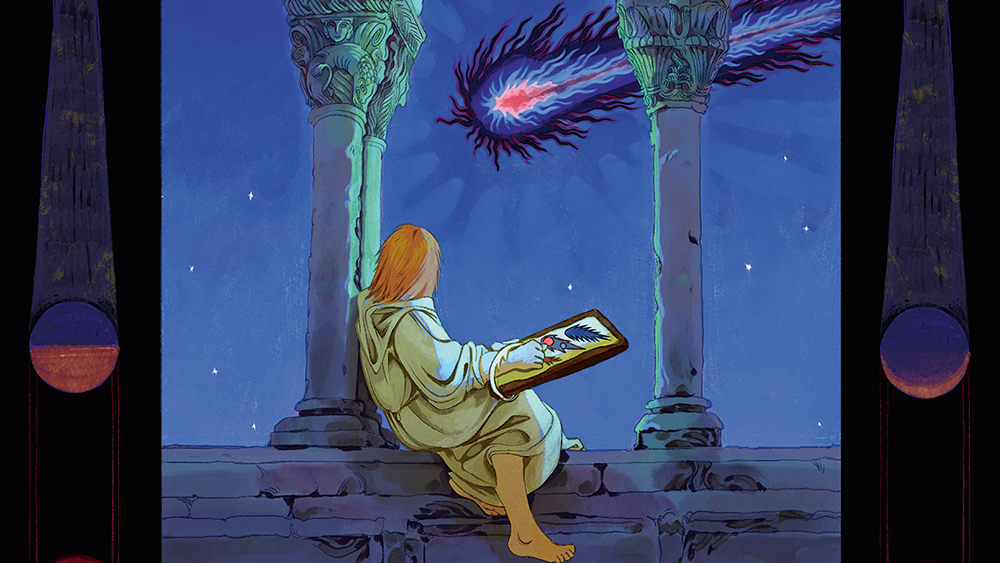Google circles WebM wagons
WebM Community Cross-License Initiative introduced to safeguard WebM against patent problems
Sign up to Creative Bloq's daily newsletter, which brings you the latest news and inspiration from the worlds of art, design and technology.
You are now subscribed
Your newsletter sign-up was successful
Want to add more newsletters?

Five times a week
CreativeBloq
Sign up to Creative Bloq's daily newsletter, which brings you the latest news and inspiration from the worlds of art, design and technology.

Once a week
By Design
Sign up to Creative Bloq's daily newsletter, which brings you the latest news and inspiration from the worlds of art, design and technology.

Once a week
State of the Art
Sign up to Creative Bloq's daily newsletter, which brings you the latest news and inspiration from the worlds of art, design and technology.

Seasonal (around events)
Brand Impact Awards
Sign up to Creative Bloq's daily newsletter, which brings you the latest news and inspiration from the worlds of art, design and technology.

In the ongoing spat regarding web video,
Microsoft asked earlier this year
"Who bears the liability and risk for consumers, businesses, and developers until the legal system resolves the intellectual property issues?" As far as H.264 rival WebM goes, that's now seemingly the organisations behind the new
WebM Community Cross-License Administration
. The CCL has 17 founder members, including Google, Opera, Mozilla, Samsung and Cisco, and Google is inviting further organisations to join, as long as they "agree to license patents they may have that are essential to WebM technologies to other members of the CCL".
The initiative will no doubt come as music to many people's ears, since it will lead to an increasingly powerful group backing WebM, pooling patents and making relevant owned technology royalty-free. By contrast, H.264 requires licensing for commercial use, which has irked the likes of Mozilla and Opera, who demand an 'open' codec for use with web video, rather than utilising video codecs made available by the host operating system.
However, critics have over time pointed out WebM's technical shortcomings and its closed development, in contrast to H.264. As Faruk Ate told .net magazine, this makes the 'openness' argument driving WebM forward far more complex than many realise: "H.264 is a fully standardised codec and was developed entirely in the open. By contrast, WebM/VP8 is not standardised and was developed in secret for most of the development cycle." There are also concerns that MPEG LA believes WebM infringes on patents owned by its licensors, which would suggest CCL is in part an attempt to form a group of organisations that could back Google's codec should MPEG LA launch legal action.
Sign up to Creative Bloq's daily newsletter, which brings you the latest news and inspiration from the worlds of art, design and technology.
Google had no immediate comment to .net's queries regarding the reasoning behind the WebM Community Cross-License Initiative and its intentions.

The Creative Bloq team is made up of a group of art and design enthusiasts, and has changed and evolved since Creative Bloq began back in 2012. The current website team consists of eight full-time members of staff: Editor Georgia Coggan, Deputy Editor Rosie Hilder, Ecommerce Editor Beren Neale, Senior News Editor Daniel Piper, Editor, Digital Art and 3D Ian Dean, Tech Reviews Editor Erlingur Einarsson, Ecommerce Writer Beth Nicholls and Staff Writer Natalie Fear, as well as a roster of freelancers from around the world. The ImagineFX magazine team also pitch in, ensuring that content from leading digital art publication ImagineFX is represented on Creative Bloq.
